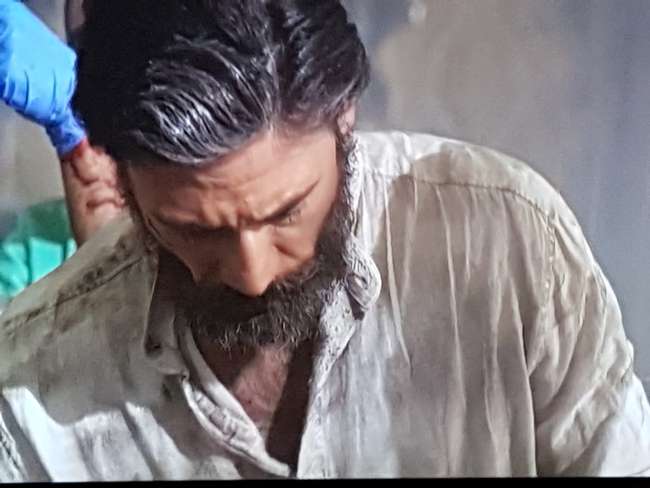Don Curry under the Stars
ପ୍ରକାଶିତ |: 13.02.2017
ସମ୍ବାଦପତ୍ରକୁ ସବସ୍କ୍ରାଇବ କରନ୍ତୁ |
Don Curry sees the world positively. Mostly, anyway. When he hasn't watched the evening news for a long time. Or hasn't read a newspaper. Or when he forgets who the US president is. Or when he takes a break from the world. And discovers something amazing: extraordinarily beautiful and wonderfully positive.
His breakfast at Hotel Mallige Residency in Hassan did not belong to either of these categories, but at least provided a good foundation for what the day would bring. It was mainly dedicated to the Hoysala culture. This significant regional power in medieval India produced a unique art and architectural form. While temples and places of worship in all other cultures are square, rectangular, cross-shaped, or occasionally round, the Hoysalas chose the floor plan of a sixteen-pointed star for their temples. All of their main temples followed this architecturally unique structure. And nothing remained of the Hoysala culture except for the temples.
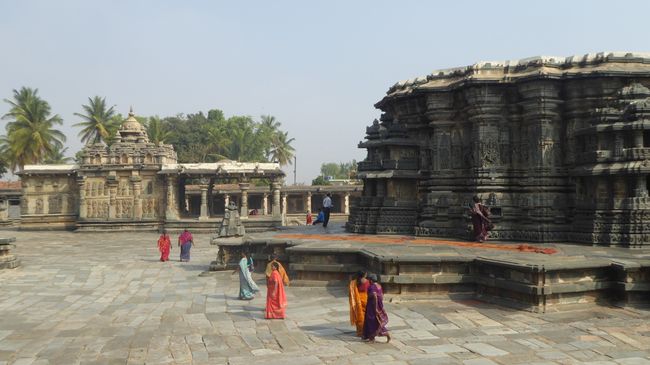
Prince first traveled to Belur, one of the major capitals of the former kingdom. The local Chennakeshwara Temple houses several shrines and temples from the Hoysala period. They all share the black color of the stones used and the extremely detailed design of every square centimeter.
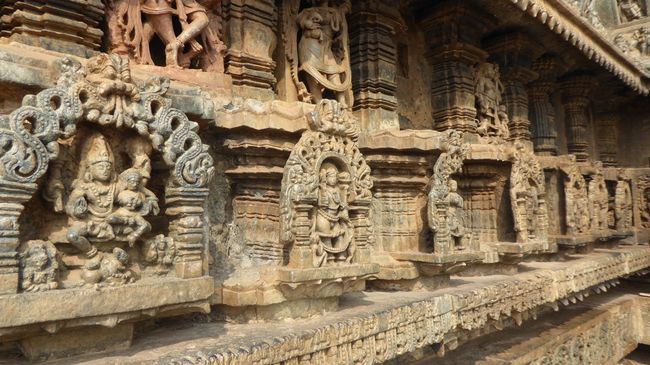
The term "horror vacui" (fear of emptiness) could easily have been invented for Hoysala art. Because neither the exterior nor the interior of the temple is devoid of decoration, embellishment, and sculpture. Countless elephants form the lower exterior band of each temple, as a symbol of strength and stability - but there are no pre-made stencils here: each animal is unique. The same applies to the other decorative bands of lions, dancers, makaras, etc. The sculptures of the gods and goddesses, almost life-size, were even more artfully designed: even details such as toe rings, hair bands, or lifelines in the hands are accurately captured.
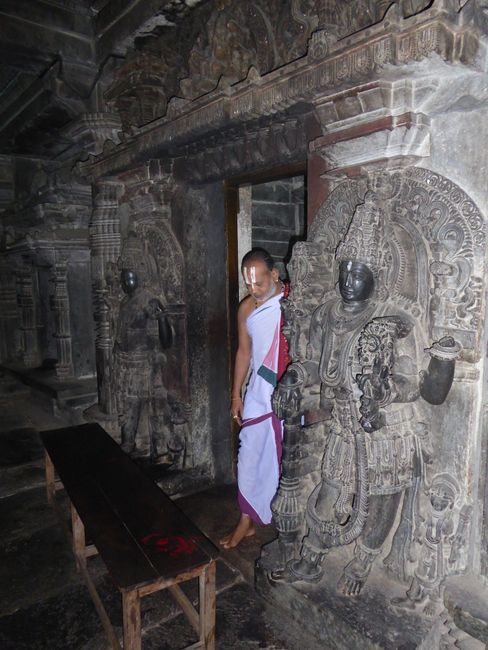
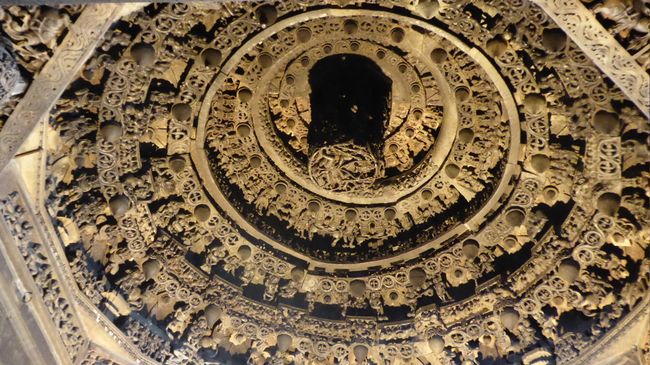
The Hoysaleshwara Temple in the main capital of Halebid is both the highlight and the end of this culture. Although it is the largest of all Hoysala temples, it remained unfinished, but only in a few details.
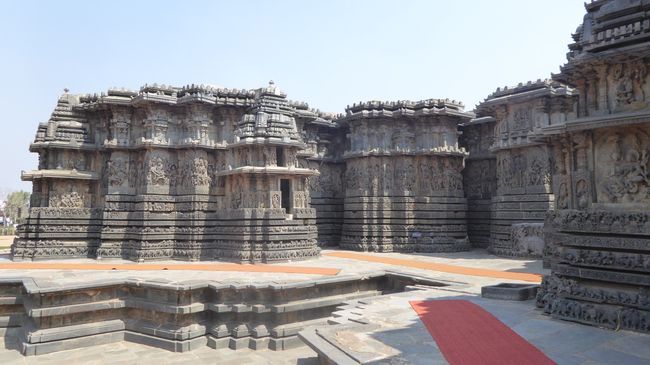
A guide led Don Curry through the complex iconography of the sanctuary. His English was quite peculiar, but after some getting used to, it was understandable. He was able to show Don Curry details and connections that he would not have otherwise understood. The temple had two sacred centers, one for the queen and one for the king. Both centers were associated with a huge Nandi (the bull of Shiva), with the royal Nandi being allowed to be slightly larger.
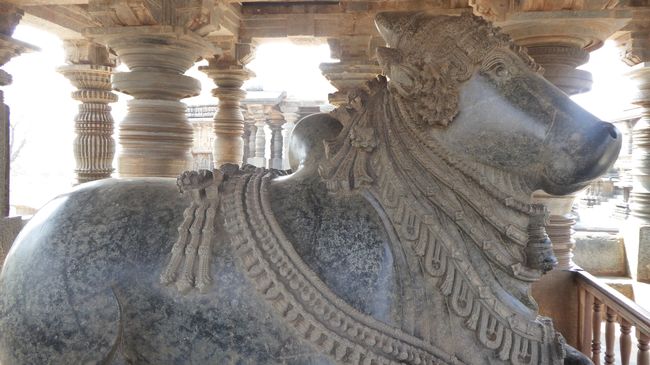
The sculpture of the dancing Ganesha was also astonishing; where the hefty elephant moved on a rat, the otherwise exact baseline showed a slight depression downwards. The Hoysala artists also had a sense of humor.
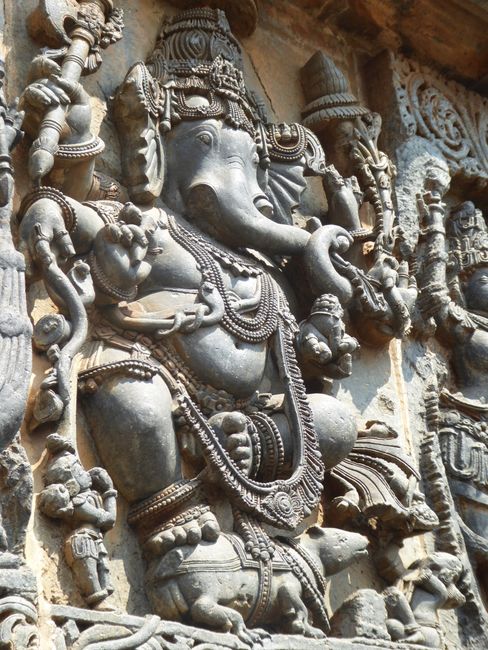
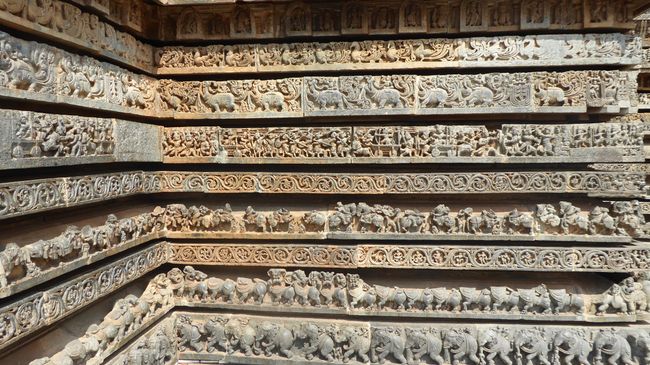
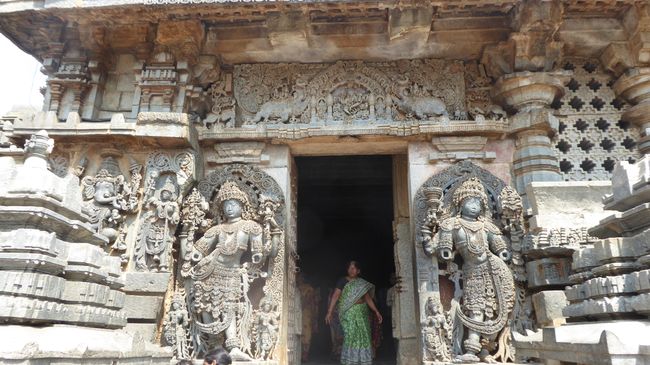
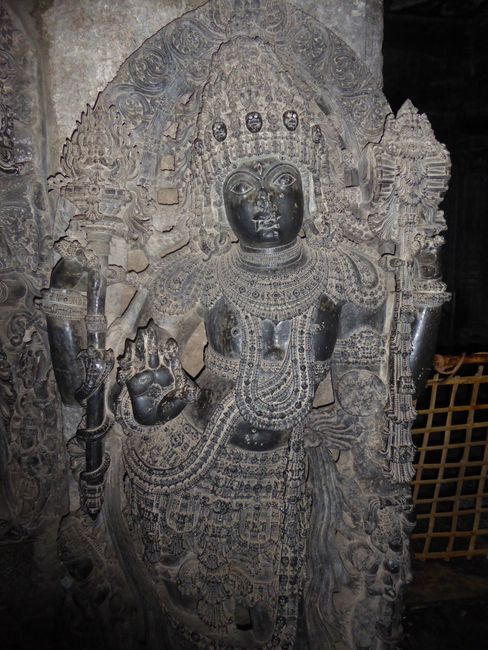
Just a few hundred meters away from the main Hindu temple of the Hoysalas, there are three Jain temples in a similar style. Don Curry was accompanied by a very friendly and reserved Jain guide here, who slightly bemoaned that the Hoysalas eventually converted to Hinduism but originally followed Jainism.
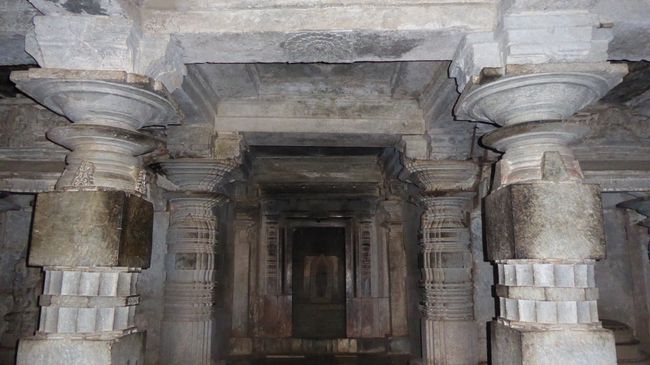
Two temples of this religion were completed in a simple manner, while the conversion was already visible in the third. Nevertheless, the three Hoysala Jain temples already display the great skill and attention to detail that would make the later Hindu temples unique.
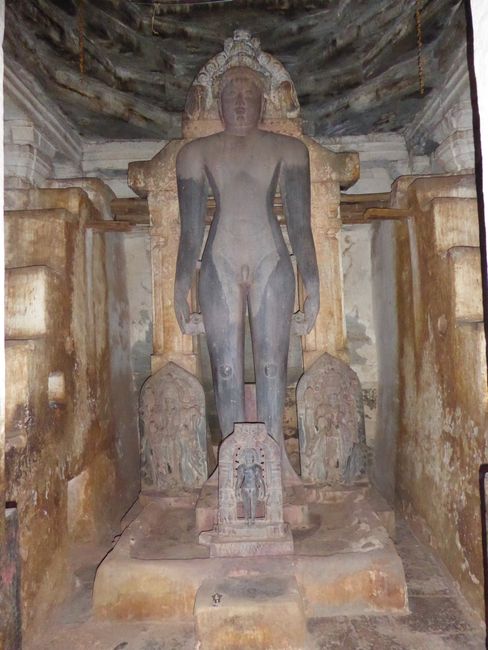
After a long journey of more than five hours, with a short lunch break in Chitraputra, the destination of the day was finally reached: the Hampi Boulders Resort. Since the bungalow booked by Don Curry was already taken, he received a huge upgrade: The Star Cottage, a mighty castle-like structure with a two-tier rooftop terrace that offered magnificent views of the river, the surrounding area, and the starry sky. This accommodation also had the most secluded location. After a delicious barbecue by the campfire with extremely spicy chicken, cheese, and vegetable skewers, followed by the dinner buffet, Don Curry retreated to the solitude of his Star Cottage. On a tranquil night, he used the reclining chair on the top terrace and thoroughly enjoyed the cloudless sky in a breathtaking nighttime landscape. Rarely before had he felt so close to the stars.
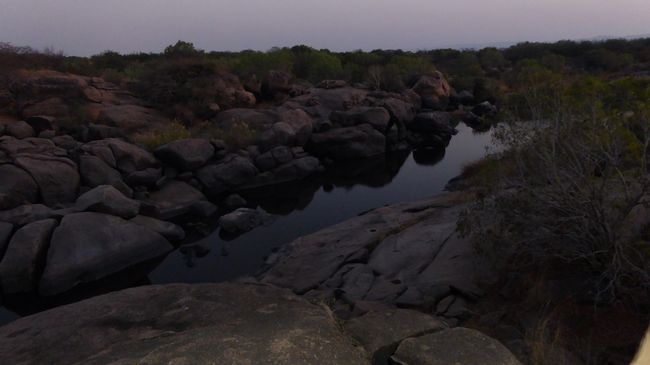
ସମ୍ବାଦପତ୍ରକୁ ସବସ୍କ୍ରାଇବ କରନ୍ତୁ |
ଉତ୍ତର

